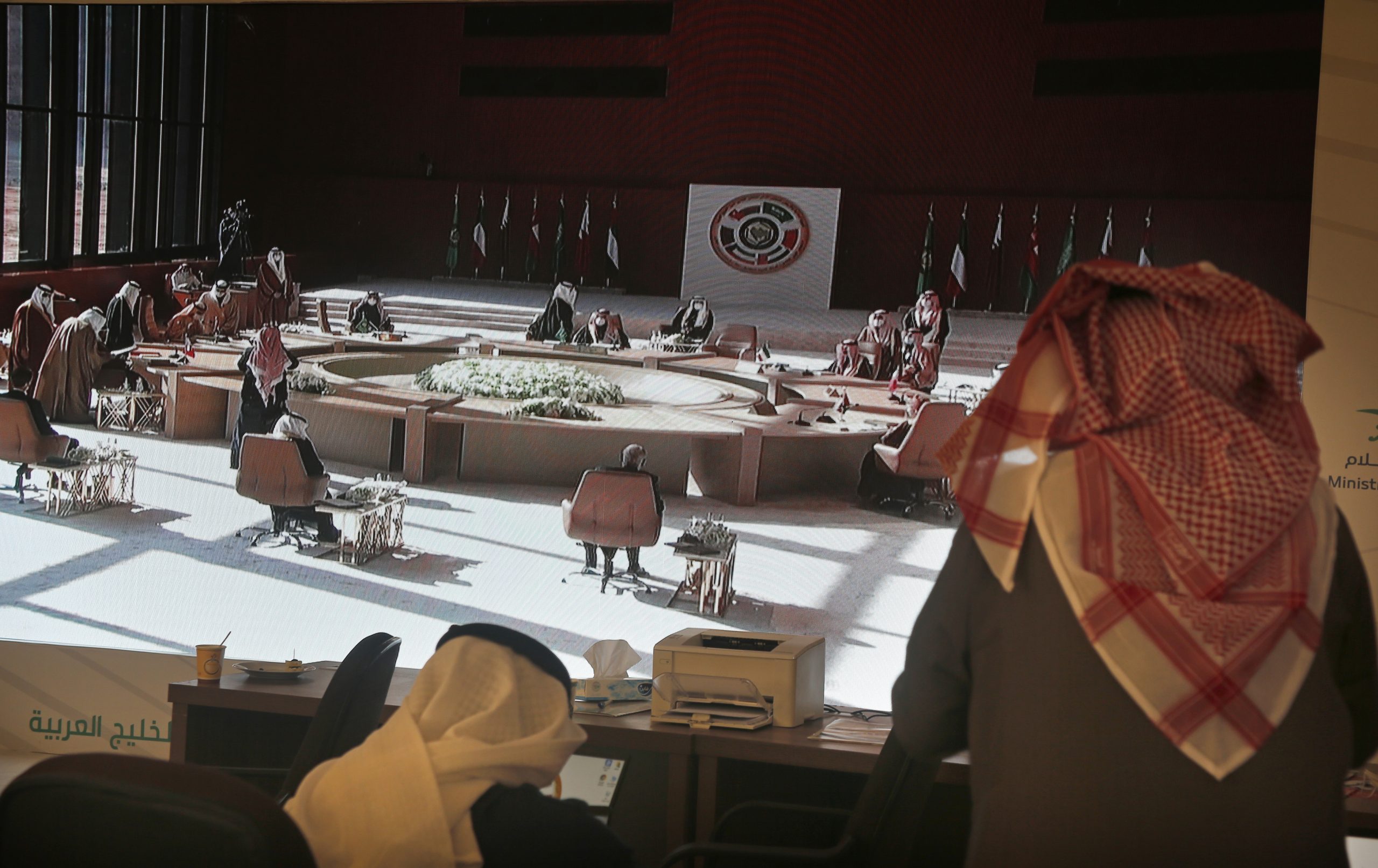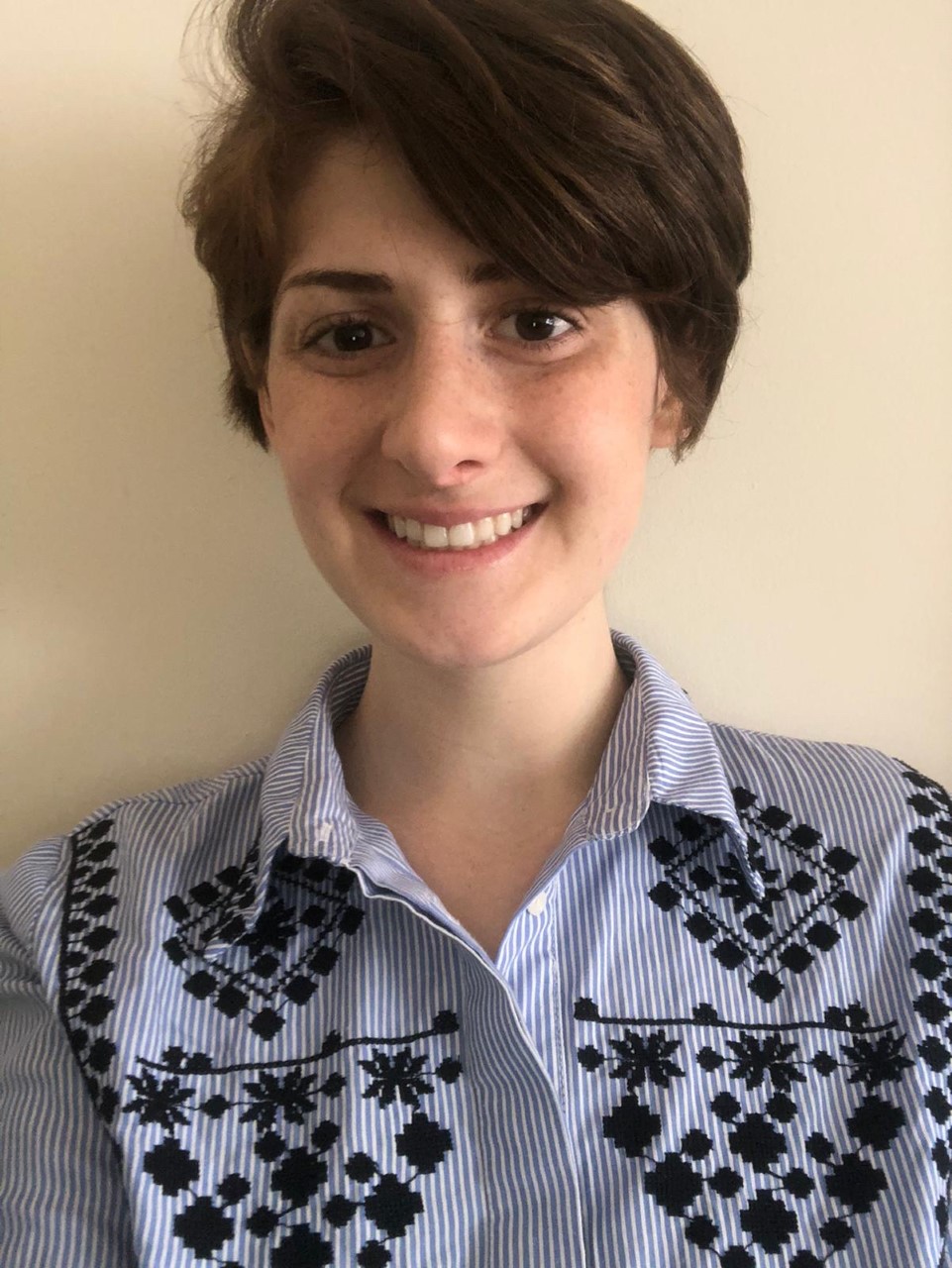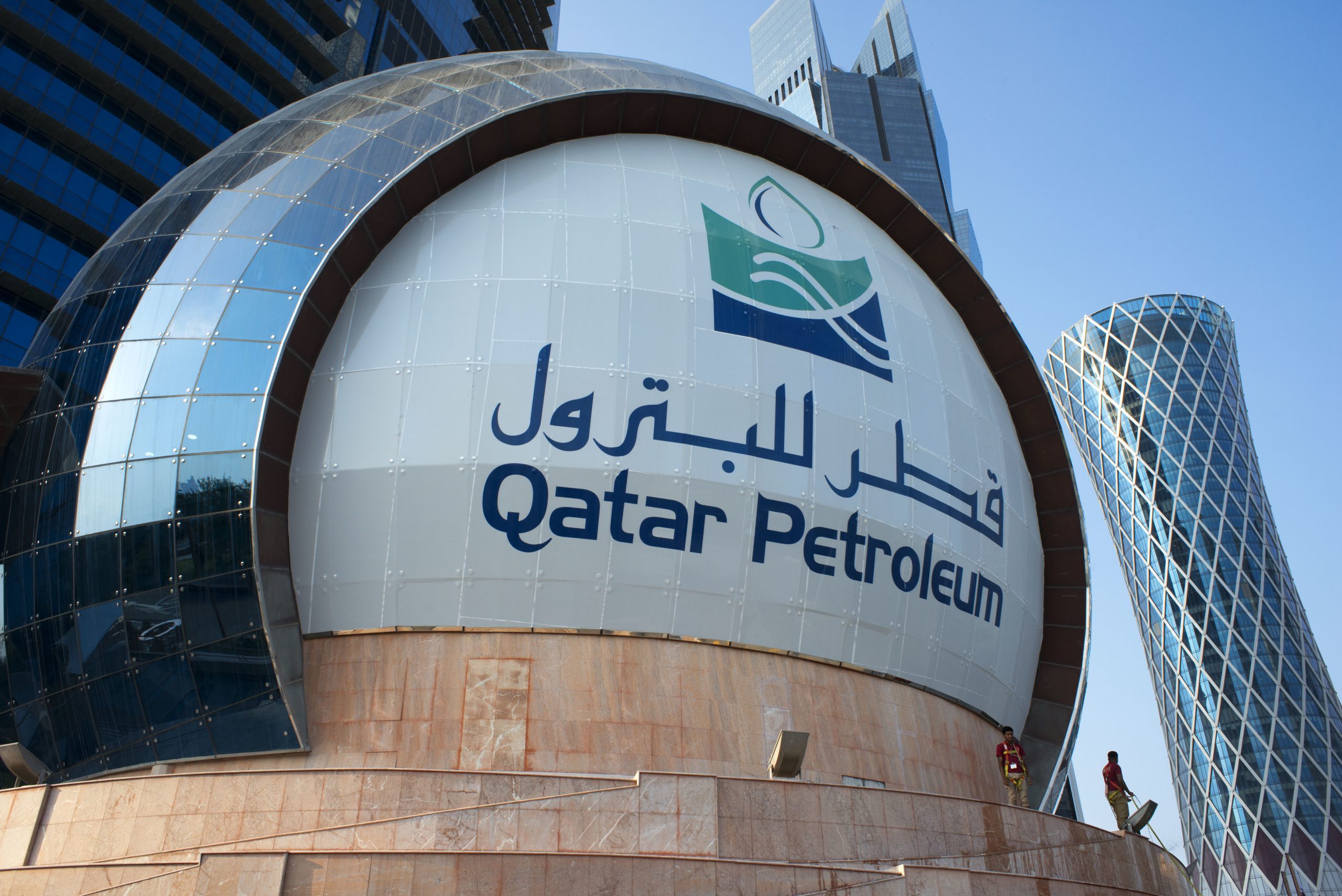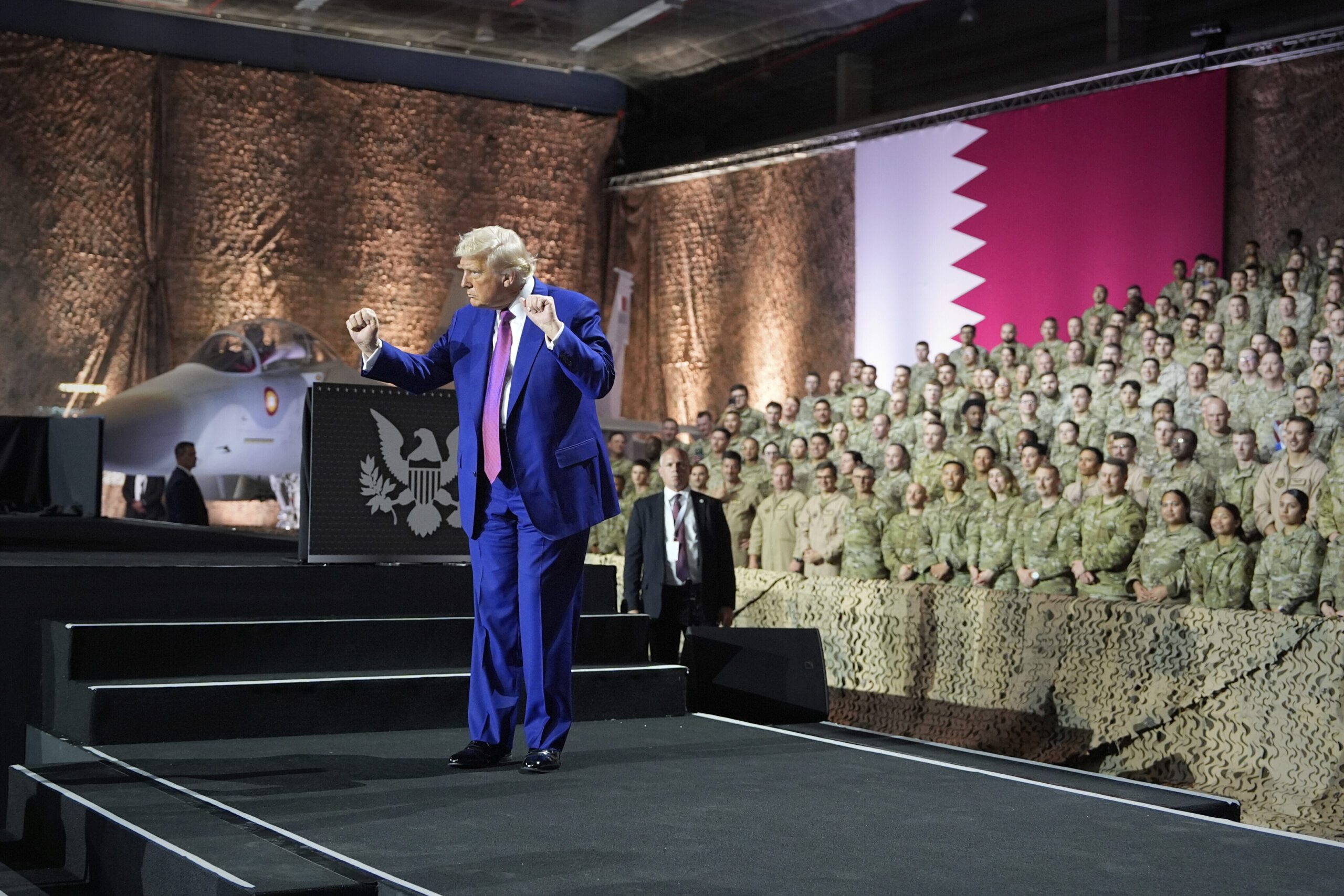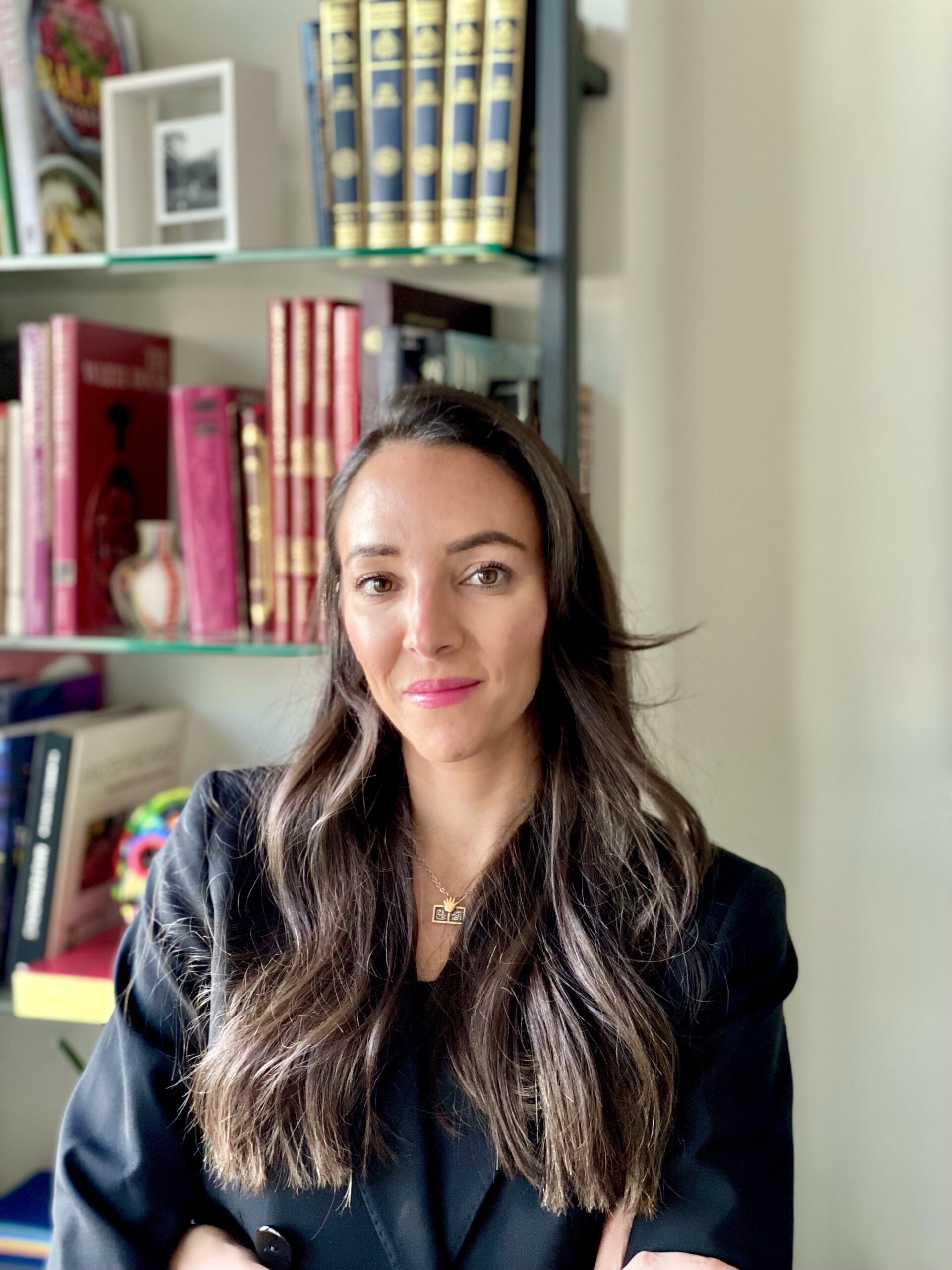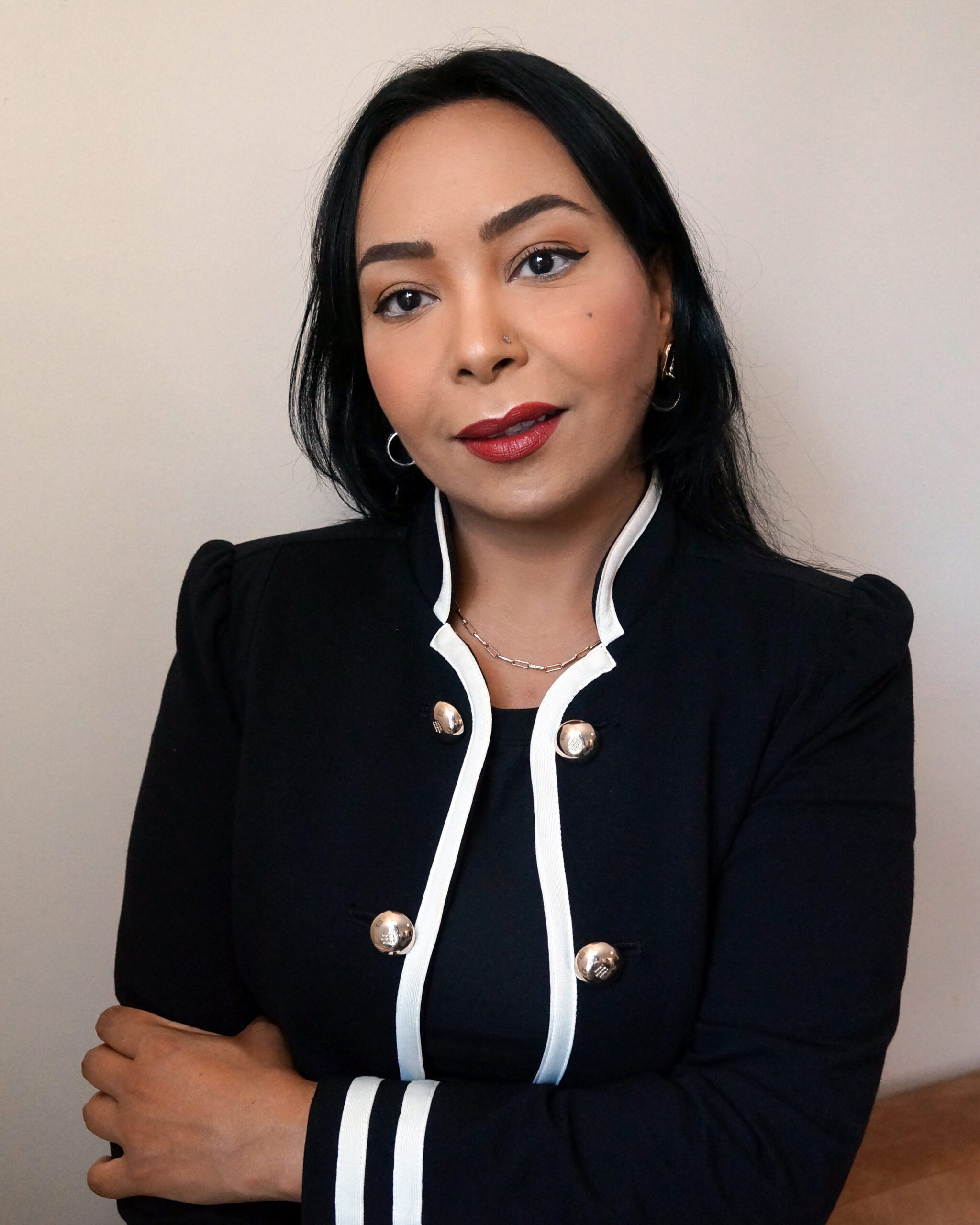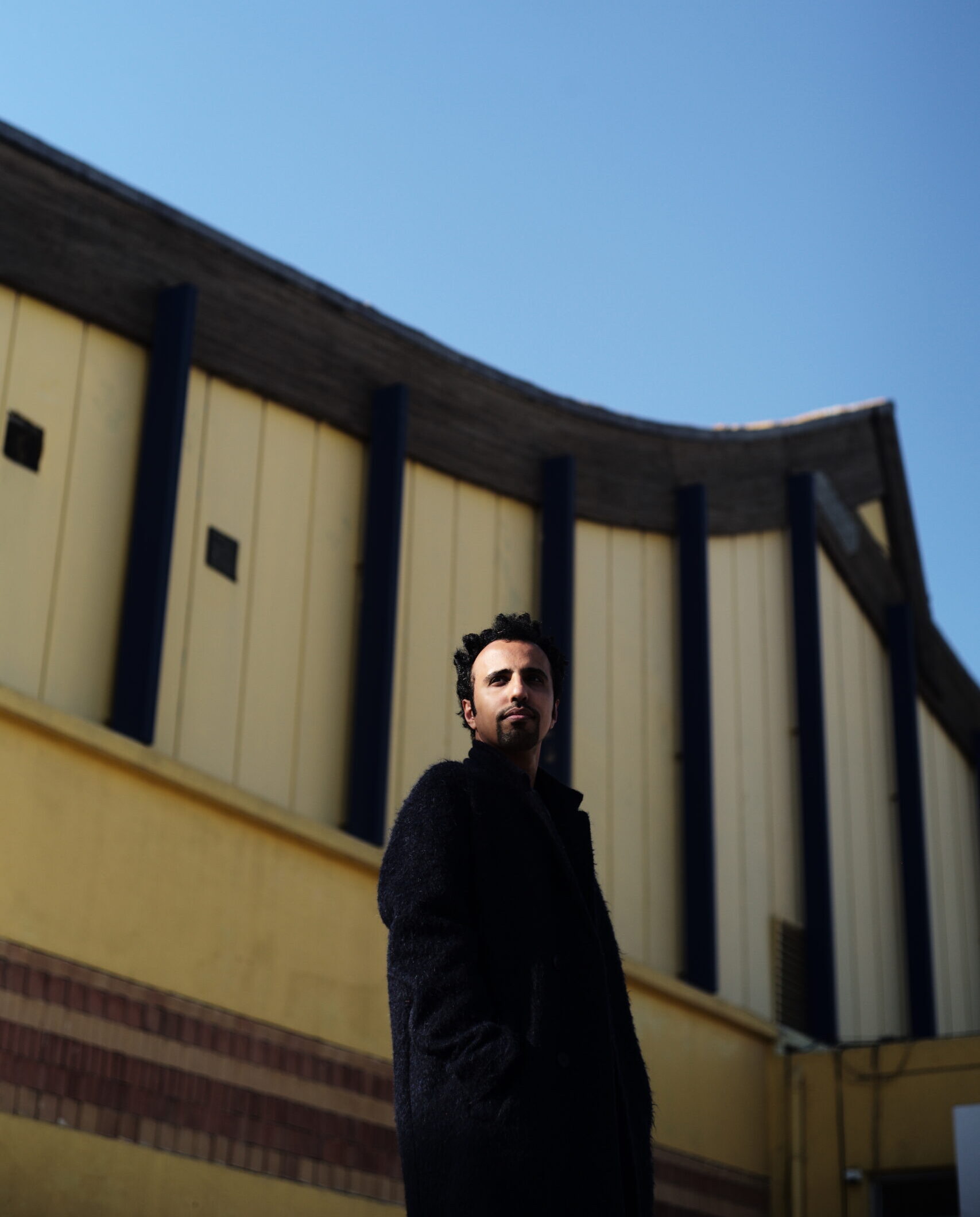Electoral Law Sparks Debate Over Qatari Citizenship and Political Rights
While Qatar’s electoral rules may produce a more malleable legislative body, they pose the risk of upending the national unity forged over the course of Qatar’s dispute with its neighboring states.
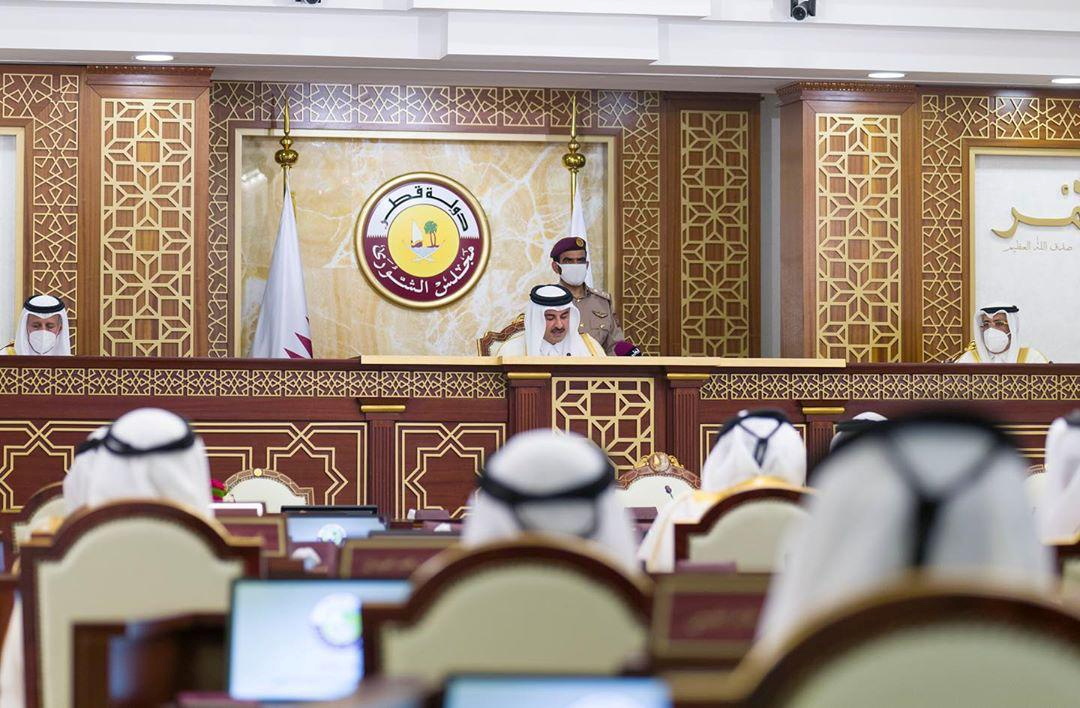
On July 30 the Qatari authorities took an important step in fulfilling their long-promised move toward greater participatory politics. Emir Tamim bin Hamad al-Thani issued a new electoral law to guide elections for the country’s Shura Council with the first polls planned for October. Rather than earning praise for these democratic gains, however, the leadership was immediately faced with protests. As Qataris learned that most naturalized citizens would be excluded from the polls, some mobilized in a rare public expression of dissent, taking to social media and organizing a sit-in that lasted for days.
This episode highlights the long-standing challenge Qatar and indeed all Gulf states have in classifying nationality, as well as their willingness to play with these categories of citizenship to influence political outcomes. While Qatar’s electoral rules may produce a more malleable legislative body, they pose the risk of upending the national unity forged over the course of Qatar’s dispute with its neighboring states. The enthusiasm many of Qatar’s regional detractors displayed – highlighting the Qatari divisions online and engaging in hashtag protests – underline the still-present competitive dynamic, at least at a social level, and thus some of the dangers in Qatar’s domestic opening. It raises the interesting question of why Qatar is moving forward with elections when the global condition of democracy – including legislative bodies in the Gulf – is under pressure.
Defining the Original Qataris – and Narrowing the Political Electorate
The origins of the upcoming political liberalization and current dispute over participation go back to the transformational documents Emir Hamad bin Khalifa al-Thani adopted after coming to power in 1995. The 2003 constitution and, critically, the 2005 nationality law set a path for parliamentary elections: a clear step up in terms of participatory politics from the elections held for Qatar’s Central Municipal Council, which is only advisory. Yet these foundational texts clearly place limits on both the political powers of the Shura Council and the composition of a future electorate.
The Shura Council is to remain partially appointed, with 15 members selected by the emir and 30 elected. This is likely to constrain both the law-making and oversight functions of the body since, according to the constitution, forcing the passage of laws over the objection of the emir or removing ministers will require the vote of two-thirds of the membership. Of more salience to the dispute over the electoral law, though, are the limits on participation rooted in the nationality law.
Qatar’s first nationality law was adopted in 1961. Like in many Gulf countries, it made a distinction between “original Qataris” – those who were present in the country before 1930 and maintained residence in the country and those who came, or returned, later to the country and were naturalized. Still, these naturalized Qataris were provided the opportunity to gain rights to certain public employment and political participation after maintaining residence in the country for a specified time. The 2005 nationality law, passed in anticipation of political liberalization, rescinded these rights, explicitly denying naturalized Qataris these privileges. Also, importantly – and unusually – this condition of being a naturalized Qatari is inherited, so that entire and expanding family lines are denied political privileges.
These changes were debated among Qatari legal scholars and a small band of reformers. They were certainly seen as a step backward, especially considering the history of neighboring countries, such as Kuwait, which expanded the electorate by politically empowering its naturalized citizens. But as Qatar repeatedly delayed the implementation of Shura Council elections, these legal changes remained somewhat theoretical. Now with the issuance of the electoral law, the mapping of political rights onto the new tiers of citizenship established by the 2005 nationality law has become real and relevant, as naturalized Qatari citizens are discovering that they will have no vote or right to run for the parliament.
Qataris Debate National Unity – and Privilege
The release of the electoral law and anticipation of Qatar’s first Shura Council elections has provoked public debate and a rare episode of political protest. Qatari lawyer at the Court of Cassation Hazza Abu Sharida has been a leading voice and lightening rod in this debate. A 10-minute speech he posted to YouTube and directed to the emir went viral, publicizing his call for the retraction of the 2005 nationality law, which he called unconstitutional. While carefully framing his speech within declarations of loyalty to the emir and a rejection of the use of the speech for political division, it was still striking in its direct and unabashed demand for political rights. His home then became the site of a sit-in that lasted for days. During this time the Ministry of Interior referred seven people to the public prosecutor for “publishing incorrect news and inciting racial and tribal strife,” after which Abu Sharida was detained. After failed interventions from tribal leaders, the sit-in came to an end only after the emir issued an order to break up the gathering, providing assurances that he would consider the demands.
For some Qataris, these protests were concerning: a too public airing of grievances ripe to be exploited by Qatar’s detractors. These divisions are particularly striking coming after the national solidarity generated in response to the boycott undertaken by Saudi Arabia, the United Arab Emirates, Bahrain, and Egypt – an experience that highlighted Qatar’s political vulnerability. A warning from former Prime Minister Hamad bin Jassim al-Thani was pointed in this regard: “The Qatari family resolves its affairs under the banner of the nation and under the banner of the ruler, especially since there is a grievance committee ordered by the emir.”
The prominence of the Al Murrah tribe at the center of the protests likely raised the discomfort level among some Qataris and the leadership. One of Qatar’s largest tribes, straddling the border with Saudi Arabia, the Al Murrah tribe, or rather elements from within it, has been implicated in actions against the current leadership, including an attempted counter coup against Emir Hamad bin Khalifa al-Thani in 1996 after he seized power from his father and more recently in aligning with Saudi Arabia during the boycott against Qatar initiated in 2017. The dispute over the electoral law thus threatens to open up divisions precisely along those lines previously instrumentalized by regional competitors such as the Saudis.
Still, dissatisfaction over the nationality law and limited political participation likely extends well beyond this tribe. While breakdowns of “original” versus “naturalized” Qataris are not published, in the mid-2000s, a former minister offered estimates as high as 40% to 50% of Qatari nationals as negatively affected by the nationality law. This would include being denied the vote but also the loss of other privileges encompassing ministerial job opportunities and housing. This has prompted others, such as doctoral student Mariam al-Hajri writing for al-Manshoor, to argue that the inequality at the heart of the nationality law is a fundamental injustice not amenable to resolution by the elections’ grievance committee but requiring a broader political appeal: “The negation of a large segment of Qatari society from popular participation does not reflect a real desire for democratic transition.”
This appeal implicates the government itself in the focus placed on tribal identity. There are indeed other indications of such an approach to the polls. In the Ministry of Interior, where election rules and districting have been under discussion for over a decade, the authorities have been keenly aware of tribal sensitivities and determined to set electoral districts in a way that generates a fair balance of representation. What a “fair balance” means in the Qatari political context will become much more apparent and subject to political debate as the outcomes of this system are demonstrated in the first vote.
What is likely to emerge is a very local and personalistic form of representation. Instituting an election system based on one vote will surely favor familial ties as has occurred in other elections in the Gulf, such as the UAE’s Federal National Council. And separating Qatar’s tiny electorate and geography into 30 separate districts will likely deny candidates a platform to speak to more national issues. For that reason, this first public debate over representation and citizenship is unlikely to be the last. Whether the protests gain support as a just call for equality and inclusion or instead are depicted as mere tribal grievance will set the terms of Qatar’s future political development.
The Context for Elections
At least initially, the Qatari leadership appears to be planning a carefully managed opening, with substantial limits on participation and mechanisms for managing the country’s political direction. This caution has been evident in the exceedingly slow roll out of Shura Council elections required by the 2003 constitution and in the skepticism voiced by elites. In interviewing key Qatari interlocutors in prominent positions in civic life – such as the head of the Municipal Council and the president of Qatar University – they repeatedly said that such transitions require patience: “It takes time to prepare, to cook, with the right ingredients. If you have a dish that needs to be cooked for three hours, then you don’t just cook it for 30 minutes. It won’t be ready!”
Yet the time now selected for the opening is in many ways a curious one. The most notable parliamentary systems in the Gulf – in Kuwait and Bahrain – are seemingly in crisis, with rule changes and political bans diminishing their democratic and oversight functions. The same could be argued of democratic governance more globally.
Still, the timing suggests that the Qatari leadership is trying to appeal to the international community. The administration of President Joseph R. Biden Jr. has repeatedly named the strengthening of democratic alliances as a priority, in messaging if not always in practice. And the global media will again be intently turning its attention to Qatar as the host of the 2022 World Cup. The elevated political consciousness demonstrated in the recent protests suggests that, much as the Qatari leadership has been forced to embark on a long process of labor reforms to address the inconsistencies in its sponsorship of the World Cup, Qatar’s early foray into political participation may yet require some additional social negotiations.
The views represented herein are the author's or speaker's own and do not necessarily reflect the views of AGSI, its staff, or its board of directors.


